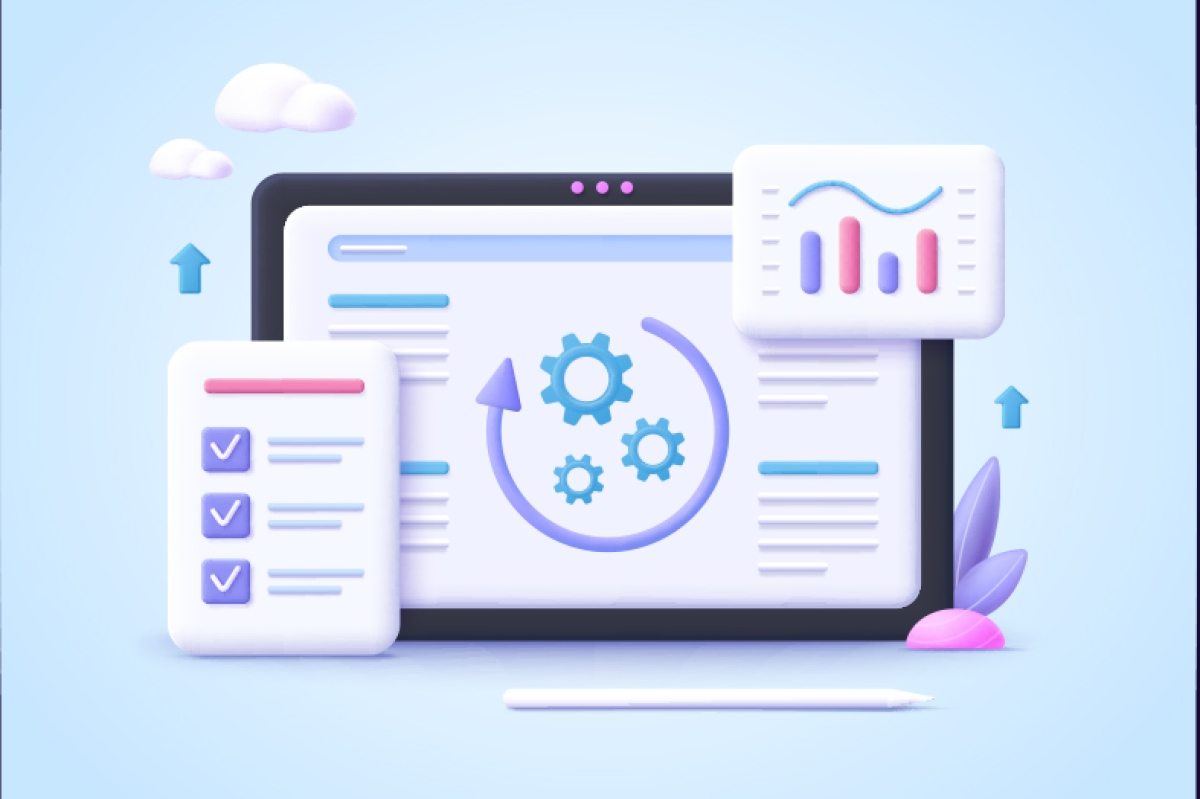In the digital world, first impressions are everything. When a user clicks on your website, they expect the page to load instantly. Studies show that a significant number of visitors will abandon a website if it takes more than 3 seconds to load. A slow website not only causes you to lose potential visitors but also negatively impacts your search engine rankings. Search engines love fast websites and tend to rank them higher.
So, how can we solve this speed issue? Optimizing your website's performance doesn't have to be a complicated process. Here are 5 simple and effective tips that will enhance both your user experience and SEO performance.
1. Prioritize Image Optimization
One of the most common reasons for a slow website is unoptimized images. High-resolution and large-sized images act as "heavy carriers" and significantly prolong the page loading time. To solve this, you need to compress your images for the web. You can reduce file size without sacrificing too much quality by using formats like JPEG, PNG, or the next-generation WebP. Remember, the smaller the physical size of an image (in pixels), the smaller the file size. Striking this balance is crucial for both speed and visual quality.
2. Enable Browser Caching
This tip is a lifesaver, especially for repeat visitors. Browser caching allows a user's browser to store static resources (such as CSS files, JavaScript code, and images) locally the first time they visit your site. This means when the same user returns to your site, they don't have to download these files again. This can reduce the page load time to seconds or even milliseconds. Most modern hosting providers allow you to easily enable this setting through their control panel. This simple adjustment will fundamentally improve your users' browsing experience.
3. Clean Up Unnecessary Plugins and Code Clutter
Content management systems like WordPress, while simplifying our lives with their wide variety of plugins, have a downside. Unnecessary or unused plugins add an extra burden to your site and degrade performance. Each plugin is a set of code running in the background. Therefore, you should regularly review your site and deactivate and delete any plugins you are not using. Similarly, cleaning up unused CSS or JavaScript files in your site's source code will reduce the file size and add speed to your site. Remember, a clean structure is always faster.
4. Choose a Reliable and Fast Hosting Provider
Your website's speed is directly related to the quality of your hosting service. It's almost impossible for a website to be fast if it's hosted on a server with insufficient hardware or one that is overloaded. This is like combining a powerful car engine with an old, worn-out chassis. At Hostider, we ensure your site performs at its best with our high-performance and up-to-date servers. Choosing a hosting package that is proportional to your site's traffic and needs is one of the most important ways to solve speed problems from the ground up. Quality hosting is the foundation of your site's performance.
5. Leverage Compression Technology (Gzip)
Gzip compression is a technology that allows your web server to make files (HTML, CSS, JavaScript) smaller, enabling them to be transferred to users' browsers more quickly. This compression method can reduce file sizes by up to 70%. Just think, a 100 KB file shrinking to 30 KB... This makes a noticeable difference in loading times. You can easily enable this setting through your hosting control panel (cPanel, Plesk, etc.). This small tweak will dramatically increase your site's speed.
In conclusion, boosting your website's speed is not just a technical task; it's a strategic move that shows you value your users. A fast site keeps your visitors on your site longer, increases your conversion rates, and helps you rank higher in search engines.

